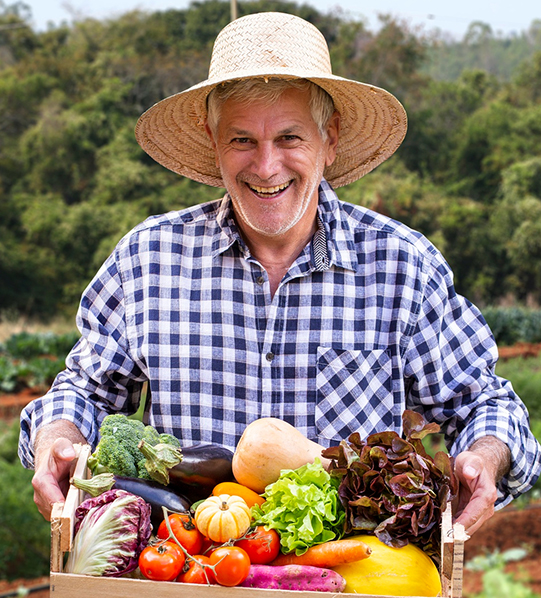


Agronomy
This Organic of Agriculture About Food Market.
Every day, everyone is affected by agronomy. The food you eat, the coffee you drink, the ethanol-based gas in your car, the grass on the golf course, the natural fibers of the clothing you wear—all are products of agronomy and the work of agronomists.
Agronomy looks at agriculture from an integrated, holistic perspective. Agronomists are specialists in crop and soil science, as well as ecology. Some things they look at are:
- The properties of the soil;
- How the soil interacts with the growing crop;
- How best to control weeds, insects, fungi, and other crop pests;
